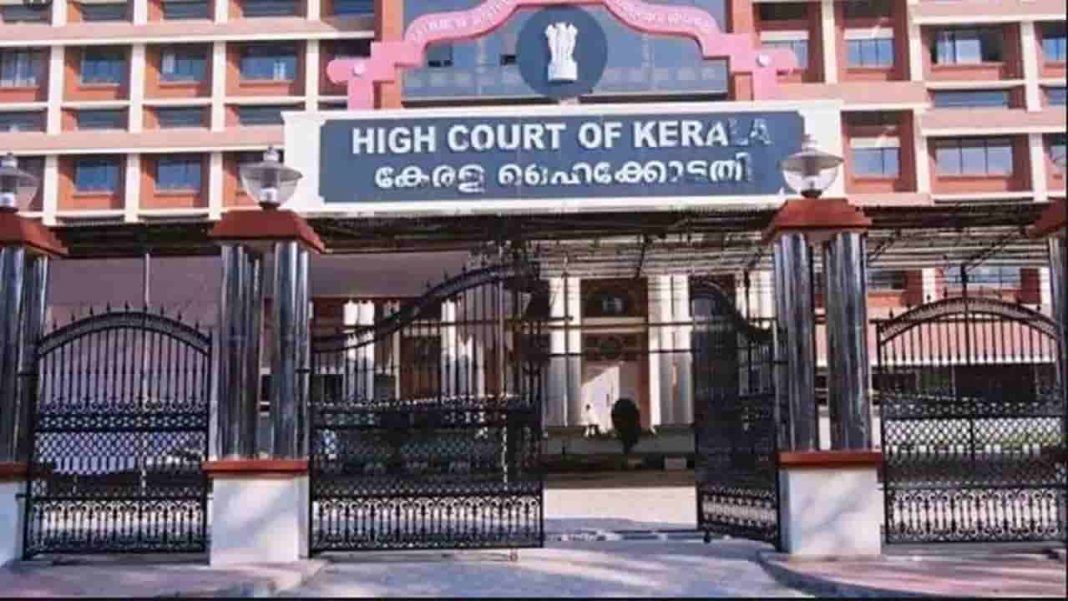The Kerala High Court has quashed the orders of the Kerala Government announcing scholarship to Muslim students and Latin Catholic/Converted Christians in the ratio 80:20 and directed the Kerala Government to pass appropriate Government orders providing merit-cum-means scholarship to the members of the notified minority communities within the State equally and in accordance with the latest population census available with the State Minority Commission.
The Division bench comprised of Chief Justice S. Manikumar and Justice Shaji P. Chaly says-
“We are of the considered opinion that the action of the State Government in sub classifying the minorities by providing merit-cum-means scholarship at 80% to Muslim community and 20% to the Latin Catholic Christians and Converted Christians cannot be legally sustained.”
A Public Interest Litigation filed by an Advocate highlighting the grievance that while most of the socio, economic and educational empowerment schemes and programmes of the Central Government are meant for the socio economically poor and downtrodden sections of the society including the six centrally notified minorities, while implementing various schemes in the State of Kerala there is marked discrimination favouring one minority against other minority communities without any rationale.
The Union Government under the Prime Minister’s New 15 point programmes for the welfare of minorities announced scholarship schemes for minority students from minority communities. On the basis of the scheme formulated, the Union Government is providing scholarships to students belonging to minority communities to promote pre-matric and post-metric financial assistance in 2006.
An 11 member committee formed by State government issued Exhibit that reservation among the Muslims and other minority communities will be in the ratio of 80:20 i.e., 80% to Muslim Community and 20% to Latin Christians and Converted Christians.T he Committee had been tasked with implementing the recommendations of the Justice Rajinder Sachar committee in Kerala.
The Court opined Article 14 clearly mandates that the State shall not deny to any person equality before the law or the equal protection of the laws within the territory of India, whereas Article 15 (1) specifies that the State shall not discriminate against any citizen on grounds only on religion, race, caste, sex, place of birth or any of them, but at the same time we are conscious of the fact that the provisions of Article 15 would not stand in the way of the State from making any provision for the advancement of any socially and educationally backward classes of citizens or for the Scheduled Castes and the Scheduled Tribes in so far as such special provisions relate to admission of such classes of citizens to educational institutions including private educational institutions by virtue of Clauses (4) and (5) thereto, irrespective of the provisions of Articles 29 and 30 of the Constitution dealing with minorities.
Also read: On vaccinating rural India, Supreme Court warns of digital divide, asks why Centre hasn’t acted on April 30 order
The court took the reliance on A five member Constitutional Bench of the Apex Court in Chinnaiah v. State of A.P. [(2005)1 SCC 394] had occasion to consider the issue with respect to sub-classification among the Scheduled Castes and Scheduled Tribes and held that except for a limited power of making an exclusion or inclusion in the list by an act of Parliament, there is no provision either to sub-divide, sub classify or sub-group the castes which are found in the presidential list of Scheduled Castes.


